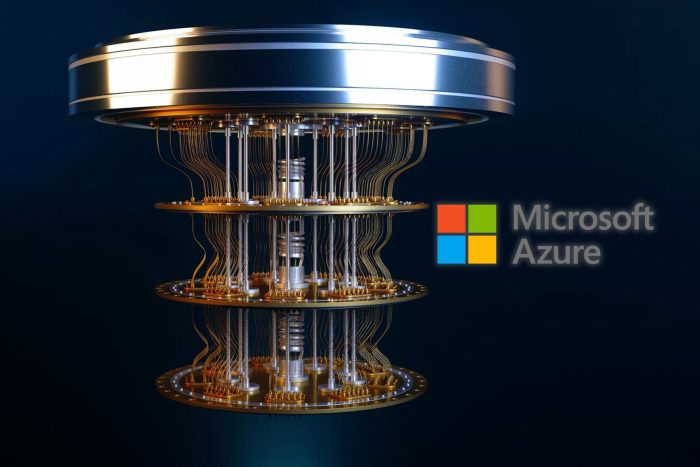A scalable quantum computer developed by Microsoft is on the way
Quantum computers might soon help us with research and complicated calculations
2 min. read
Published on
Read our disclosure page to find out how can you help Windows Report sustain the editorial team. Read more

The Defense Advanced Research Projects Agency (DARPA) invests in Microsoft Azure Quantum to create a scalable quantum computer. In fact, Microsoft just announced on their blog that DARPA is continuing their commitment with the Redmond giant..
What is a scalable quantum computer?
A scalable quantum computer is a device that can handle an expanding number of tasks while increasing its stability as well. Thus, with the help of Microsoft, DARPA tries to create such a device. To build it, Microsoft will use topological quantum bits. After all, they are far better than normal qubits due to their built-in error protection.
If Microsoft manages to develop a fault-tolerant prototype, the device could mark the beginning of quantum computing. Furthermore, with time, they might be able to develop the utility-scale quantum computer that’s supposed to work with real-world applications. However, the FTP will have to process multiple tasks before establishing a baseline for a quantum computer.
On top of having access to the designs of the prototype for the scalable quantum computer, DARPA will closely monitor and verify other discoveries made by Microsoft Azure Quantum during this process.
Ultimately, with a utility-scale quantum computer, it will be possible to lessen the time spent by researchers to test their prototypes. As a result, their focus might shift towards ideas and theories. Thus, the supercomputer will handle the trial-by-error aspects of their work.
To find out more, check out the Innovator Series. Also, if you are interested, you can discover more about the Azure Quantum Elements.
What are your thoughts? Do you need a quantum computer? Let us know in the comments.








User forum
0 messages